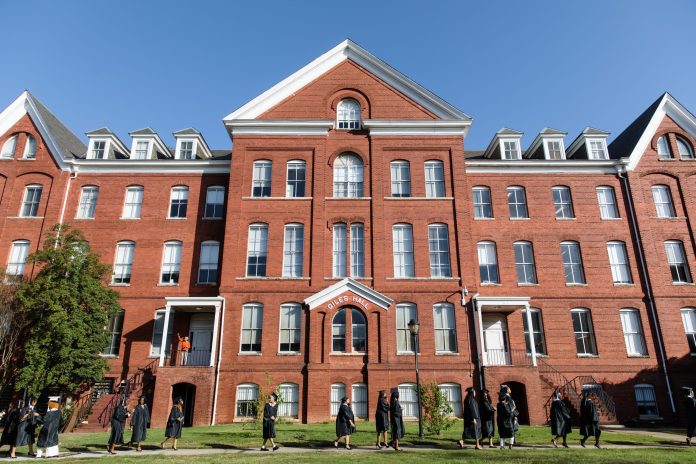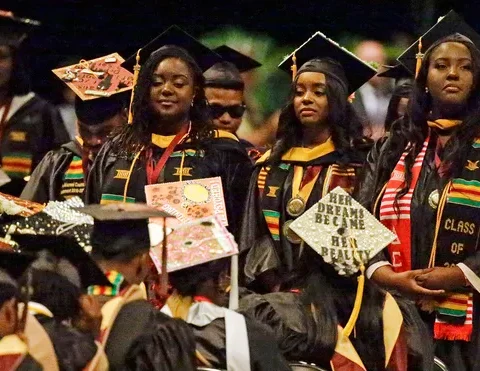Earlier this year, the United Negro College Fund reported on the positive impact HBCUs have on the United States economy, despite their limited resources and historic underfunding. A new report from the Wesley Peachtree Institute, a nonprofit research and consulting organization for minority-serving institutions, has found another challenge facing HBCUs that makes their economic contributions even more impressive.
According to their findings, HBCUs spend a significant proportion of their annual revenue on instructional expenses. The U.S. Department of Education defines these expenses as costs relating to the interactions between teachers and students such as teacher salaries and benefits, teacher aides, textbooks, supplies, and purchased services.
In an examination of the 2021-2022 academic year, the report drew from data on over 2,300 bachelor degree-granting institutions enrolling over 9.4 million students. The analysis found that public HBCUs spend more on instruction relative to their annual revenue than any other institution type. Compared to other institutions, private HBCUs spend more on combined instructional and other education-related expenses, such as student services, research, and public service.
Based on their findings, the report authors stress there is an urgent need to increase investments in HBCUs by using instructional spending data when creating effective policies to address their underfunding. Going forward, they suggest future research in this area should focus on specific details that narrow down expenditures that directly impact instruction. Furthermore, they stress the importance of continuing to track this information to identify trends in instructional spending at both public and private colleges and universities.


